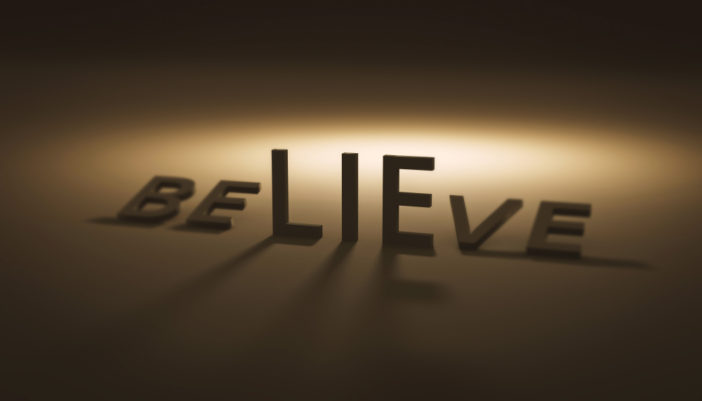The Cost of Mistaken Beliefs
It is important to look at what we believe, since our beliefs and values drive each and every one of our behaviors. Our perceptions of a given person or circumstance will determine how we approach it. . .they impact how we feel and react or respond to situations. On the podcast today we explore the impacts of mistaken beliefs, and I want to detail this even more here. As an example, If I have the assumption that others will not meet my needs, or if I believe that if I say no others will pull away emotionally, then I will probably stuff my needs, my feelings until the resentment builds. Some other common faulty beliefs are:
- Life must be fair to me most of the time. As much as we would all like this to be truth – it just isn’t! We are lucky and grateful for the mixed bag it usually is, creating contrast between wonderful and horrible. If we believe it must be fair all the time and it isn’t, we will remain stuck in victimhood, not owning our choices and certainly not taking responsibility for said choices.
- I have to do most things well, or I’m no good. Even if we won’t admit this out loud, we can struggle with perfectionism/procrastination/paralysis. We are then stuck between Perfect or Not At All. Reality, instead, is that most of life lies in the grey. If we can just come from the heart and do our best, that is all that is expected.
- I am at the mercy of past experiences. Life cannot be different. I know it can be hard to let go and imagine redemption and having a better life if you’re still beating yourself up but look around you. Look just how many people rise from horrible ashes every day and thrive, so you can too.
- When other people are unhappy, I can’t be happy. Yes you can, and you deserve to be. Just because you are happy doesn’t mean don’t care about their sadness. Healthy detachment allows for both to exist, and for both to be valid. Each in their own right. Separately.
- It is selfish to put your needs before others’ needs. Actually, as you’ve heard me say, it’s a helluva lot more selfish to NOT take care of your needs because you will then act out, be emotionally unavailable and stressed and thus Won’t really be able to care for them. Not with emotional honesty anyway.
- If you can’t convince others that your feelings are reasonable, then they must be wrong, or maybe you are going crazy. You have to explain your point…Nothing productive will come from standing up for yourself. Lord. No. Only manipulators will CHOOSE to not hear what you think, feel or need because they can’t handle it. If they choose to invalidate you, then it’s back to you whether you change your relationship with them. People need to earn the right to your vulnerability by being emotionally safe.
- You will be the bad guy and people will leave. Well, yes with unhealthy people you might. And hell YOU might leave – ever thought of that? You deserve love and acceptance (with boundaries) around you. Don’t ever settle for less than that. Healthy people want and need you to stand up for yourself, ask for what you need, and to negotiate with them. Only toxic people have an issue with this, as they cannot continue their manipulation if you change.
These are messages learned early in life from caregivers and other important people in our lives. Through experience, you learned certain rules of engagement, and adapted your behavior to survive. It’s a good thing you learned to adapt then, yet now in your relationships less-than-honest styles of communicating may be hampering your relationships.
Now I want you to take a few moments to think about the messages you heard growing up, in your relationships and through experiences. What comes up for you? How does it feel? What do you now think about what you have believed for so long?
Whenever we are not allowed to be an individual, express our thoughts and feelings and set healthy boundaries for ourselves, it is unhealthy and we are not being allowed to be who we are. It is common knowledge that physical abuse is wrong, and we can see it because there is concrete evidence. However, unless we understand the full impact of verbal abuse whether it is overt and obvious or passive and manipulative, its effects on our self-esteem can be longstanding.
So hopefully now you are gaining a better sense of the “why” behind your struggle to express your truth consistently with others. You can tease out who you ARE from what happened, and decide here forward what you would like to believe about yourself, what you want to change, and why you want it to be different. The great thing is you can be whatever you want to be! No longer are you held back by anyone or anything. It’s now up to you to decide what the limits are….




